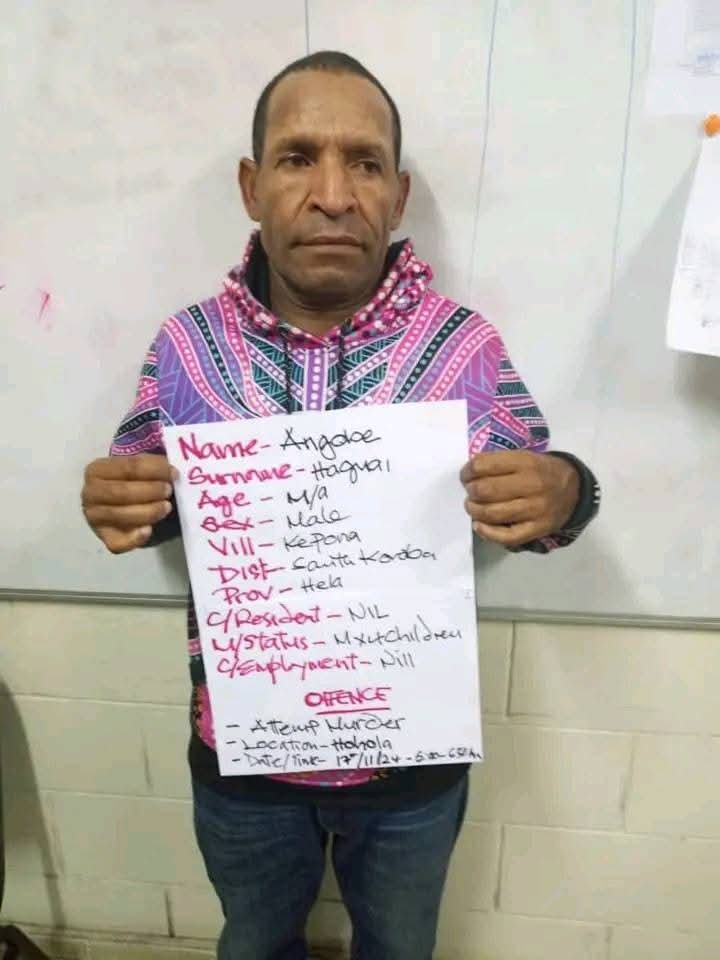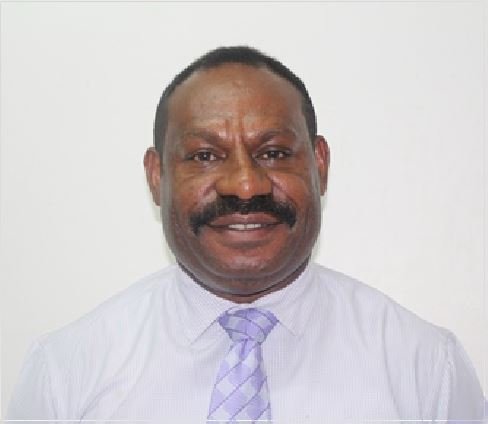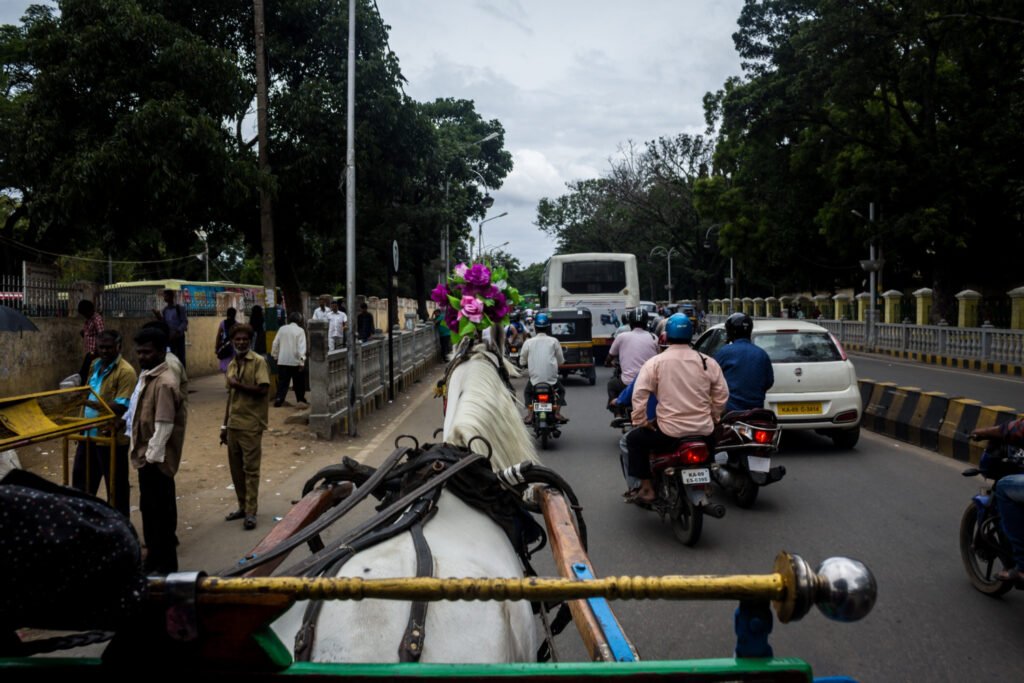Banners flew high and students danced across the lawns of the PNG University of Technology (PNGUoT) as news spread like wildfire: their engineering programs are now officially accredited under the Washington Accord. It was a day of national pride and campus-wide celebration—but beneath the excitement lingered a bittersweet question: will this achievement mean more opportunities for PNG, or more departures of top talent?
A Historic Moment
The campus came alive in a way rarely seen. Students donned custom shirts that read “Global Engineers, PNG Roots”, music blared from speakers outside the library, and impromptu speeches echoed through lecture halls. Final-year engineering students took selfies under the university emblem, many declaring their newfound ambition to pursue opportunities abroad.
“This is history. We’re not just PNG engineers anymore—we’re global engineers,” said Elizabeth Wani, an electrical engineering student. “It feels like we’ve been handed a passport to the world.”
The administration hosted a formal ceremony with faculty, alumni, and government representatives, celebrating PNGUoT’s inclusion in the Washington Accord—a global agreement recognizing the equivalency of engineering education across signatory countries. For students, this means their degrees are now valid and respected in places like Australia, the UK, Canada, and the United States.
The Flip Side: A Talent Drain?
Amid the joy, however, a wave of concern swept through the faculty and industry representatives. With new doors open, will PNG lose its brightest engineers to overseas markets offering higher salaries, better infrastructure, and career stability?
“There’s no doubt this is a win,” said Dr. Jacob Namorong, Head of Civil Engineering. “But we must be honest. If we don’t act quickly to retain talent, we could see a wave of migration that leaves our local industries short-staffed.”
Students are well aware of the opportunity—and the dilemma. “I want to work in PNG, but I also want exposure and advancement,” said Nathan Tole, a final-year student. “If I can get that overseas, I might not come back right away.”
Industry Calls for Action
PNG’s engineering sector already struggles with skill gaps in infrastructure, mining, and energy. With the Washington Accord accreditation, local companies are being urged to create incentives to keep graduates at home—from better salaries to project leadership roles and mentorship programs.
“This isn’t the time to sit back,” said Sarah Kewa, an engineering manager at a Port Moresby-based firm. “We must step up and offer our top students the kind of future they think only exists abroad.”
Government stakeholders echoed the sentiment, with discussions underway about bonding scholarships, graduate placement schemes, and partnerships between PNGUoT and local industries.
What’s Next for PNGUoT Graduates?
For now, the focus remains on celebrating. The university has planned workshops to help students understand what this new accreditation means, including how to apply for international opportunities—and how to build careers that benefit both themselves and their country.
“We’re not encouraging a brain drain,” said Vice Chancellor Dr. Mary Yalo, “but we do believe in brain circulation. We want our engineers to go out, learn, grow—and come back to help PNG rise.”
The PNG Bulletin will continue to monitor how this global recognition affects student choices, local industry demands, and the national strategy to balance growth with retention.

















